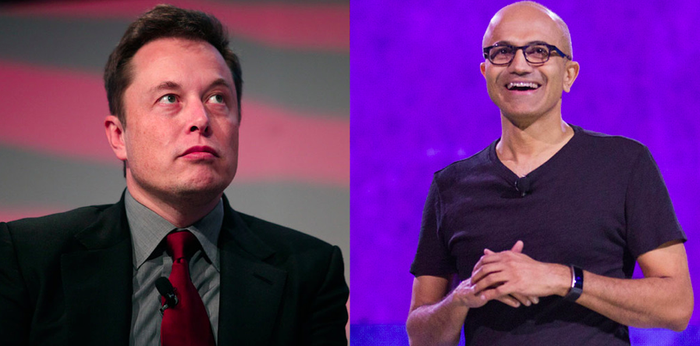Imagine being able to access the power of cloud computing even within a remote, far flung region. This is about to become a very real possibility with Microsoft’s upcoming portable data centers.
In a recent announcement on its website, Microsoft explained that it has created a portable data center that can bring cloud computing to remote environments. Essentially a big box of servers, the modular data center has been aptly entitled the Azure Modular Datacenter (MDC). The company has partnered up with satellite operators for connectivity support, allowing the MDC to be deployed as a mobile command center during humanitarian relief efforts or even military missions in remote areas.
Manager of Microsoft’s Azure Global Industry Sovereign Solutions Bill Karagounis explained that there are quite a lot of regions around the world suffering from adverse conditions or lack of infrastructure that are unable to benefit from cloud computing, and the MDC could really help solve that problem.
“Around the world, there are significant cloud computing and storage needs in areas with adverse conditions, where low communication, disrupted network availability and limited access to specialized infrastructure would have previously prevented taking advantage of cloud computing,” he said. “The MDC solves this by bringing Azure to these environments, providing datacenter scale compute resources closest to where they’re needed.”
To be fair to Microsoft, the MDC is more than capable of dealing with harsh conditions. With its resilient design and in-house radio frequency shielded unit, it can provide compute and storage capabilities in very challenging environments.
One of the first major partners for the MDC is a very familiar name: Elon Musk. The Tesla and SpaceX CEO will be working with Microsoft to launch the Azure Space initiative that will allow more space-based businesses to access storage, connectivity, and cloud compute.
The portable data center will connect to SpaceX’s Starlink satellite broadband, and Microsoft and SpaceX are also planning to strengthen the link between Starlink and Azure in the future.











